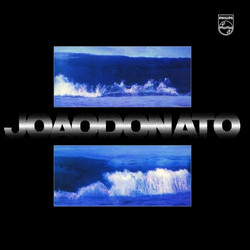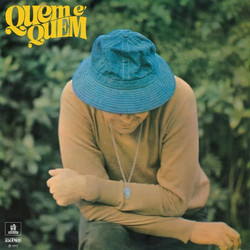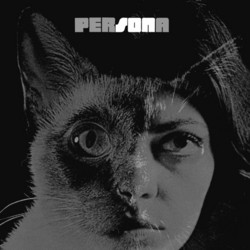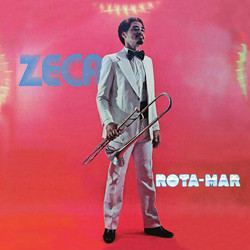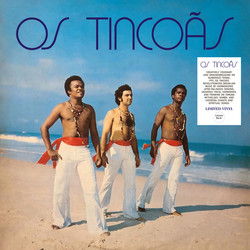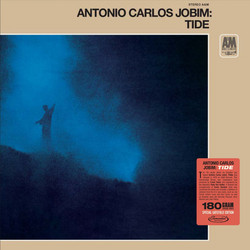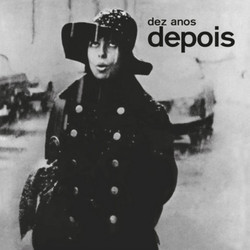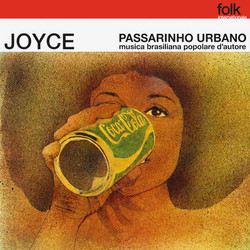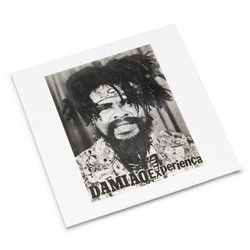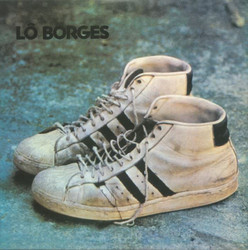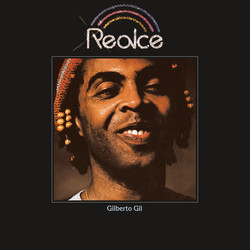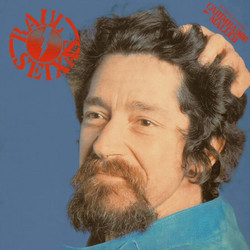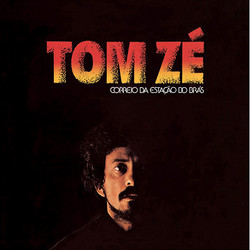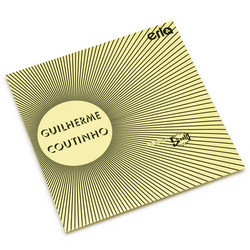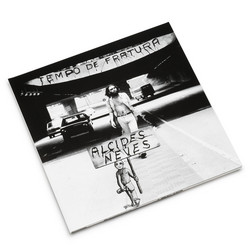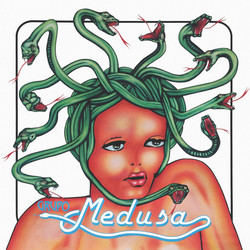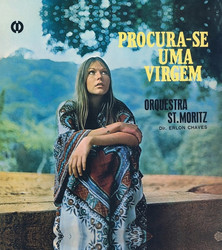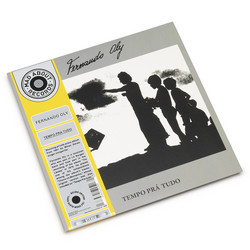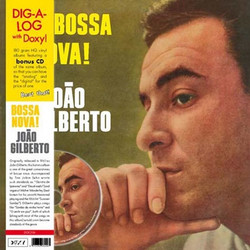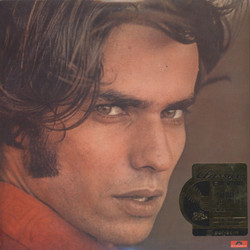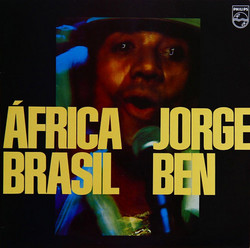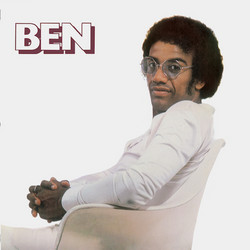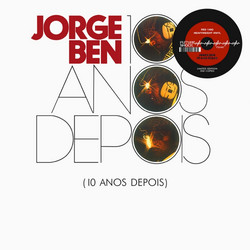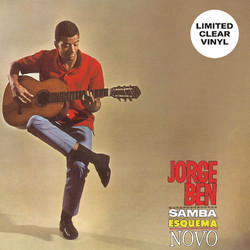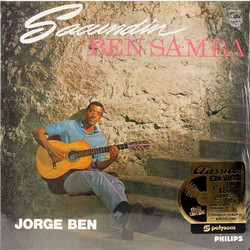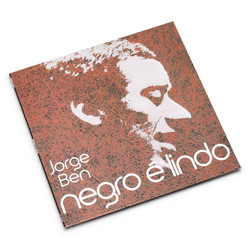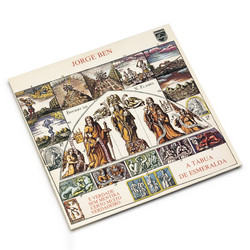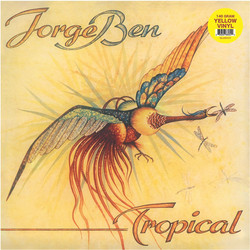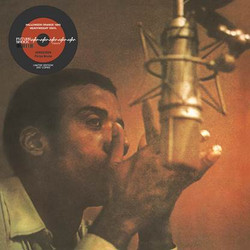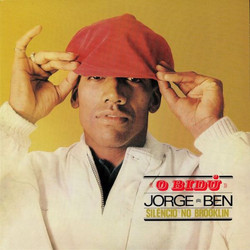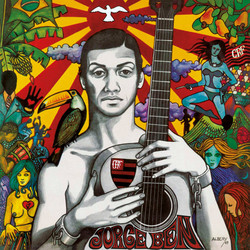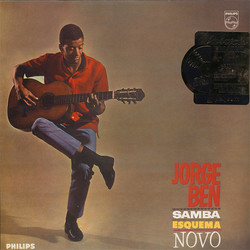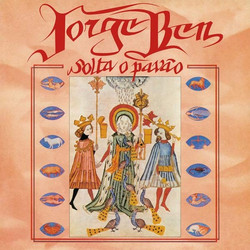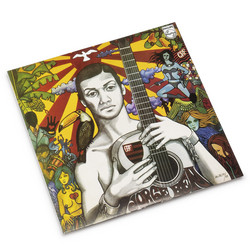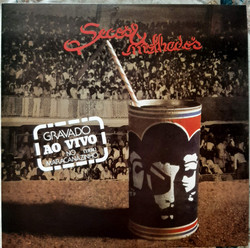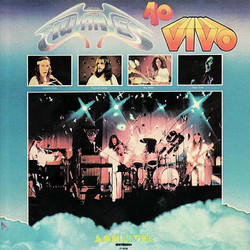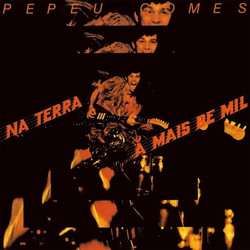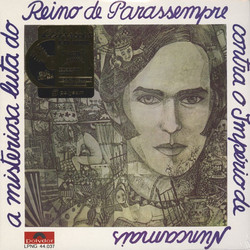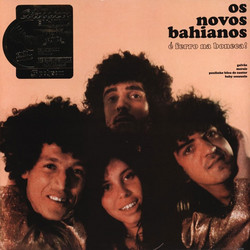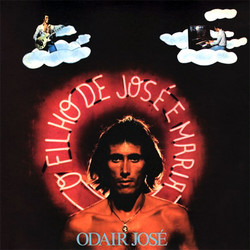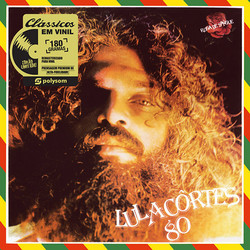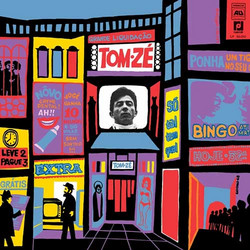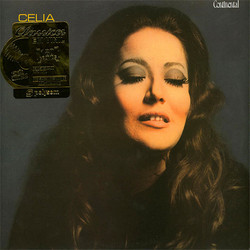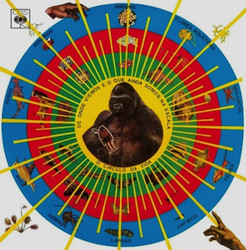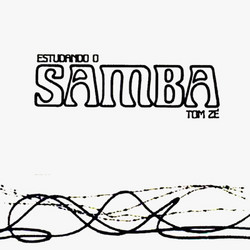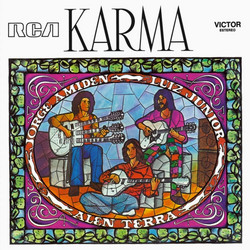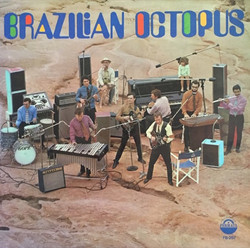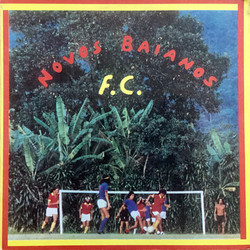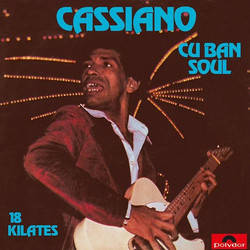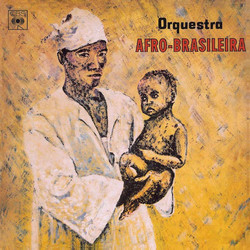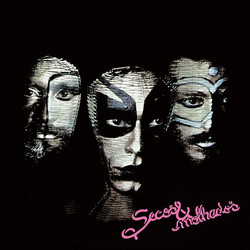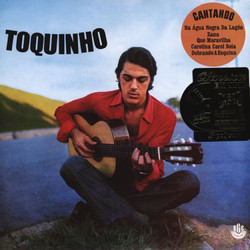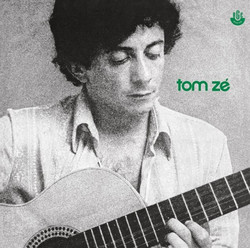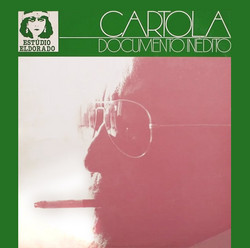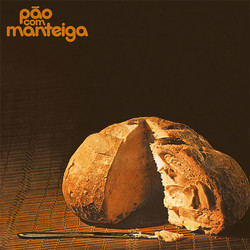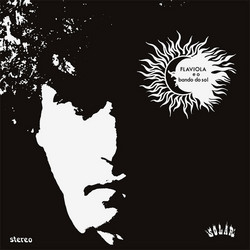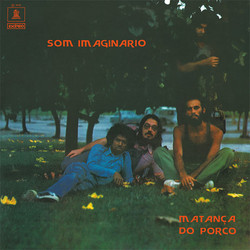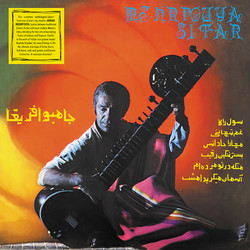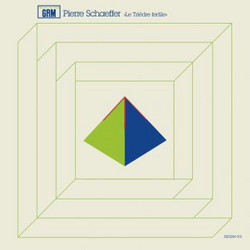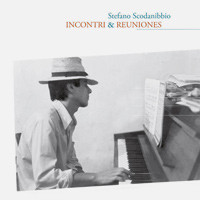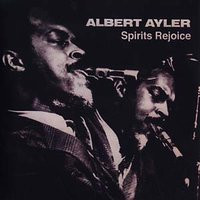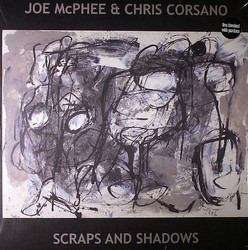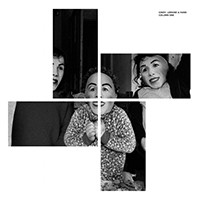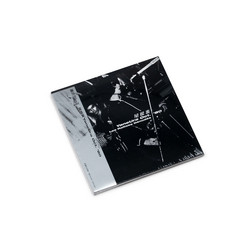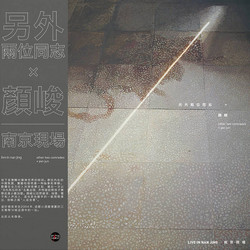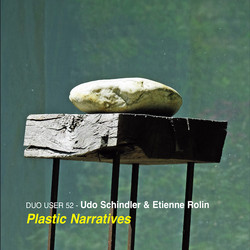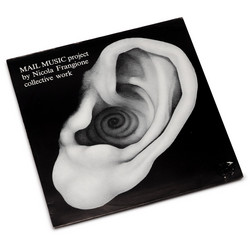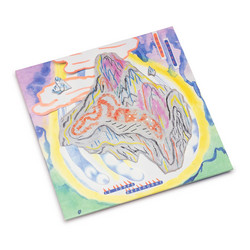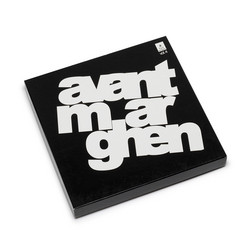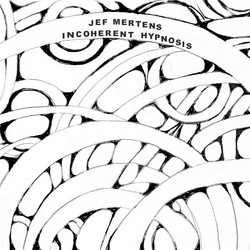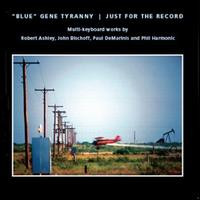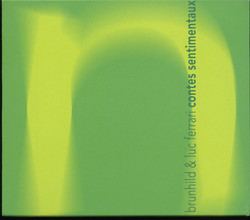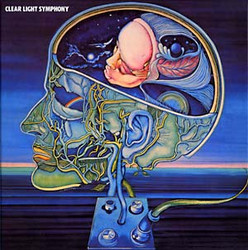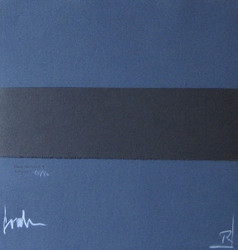1
A stunner of a record from the mighty Jorge Ben – and a record that catapulted the Brazilian singer to international fame at the time! This is his second legendary LP, a seminal killer and as usual features some of the best arrangers in the genre, first released in Brazil in 1964. While many of the performers during the heyday of Tropicalia and the rise of MPB (música popular brasileira) opted for a more radical stance in their challenge to Brazil’s political and cultural authorities, artists like Jorge Ben took a more understated approach. Rather than use overly theatrical performance to shock the audience or write songs loaded with political content, Ben became known as one of the country’s great musical alchemists, a furiously eclectic songwriter who combined elements of indigenous Brazilian music with a groove from the west coast of Africa. Never a controversial figure in the manner of the tropicalistas like Caetano Veloso and Gilberto Gil, Ben became one of the most respected and resilient figures in Brazilian pop.
Born in Rio de Janeiro in 1940, Ben took up bossa nova guitar playing after hearing João Gilberto but found the style too complex to execute. This led to his developing his own approach to the bossa nova that focused on playing the guitar as one would a bass — his early recordings are in fact bass-less. His first big hit as a singer/songwriter came at the age of 23 with “Mas, Que Nada.” The song’s subtle bossa nova groove proved so seductive that it was quickly covered by a number of Brazilian artists, most successfully by Sergio Mendes. During the military dictatorship’s cultural crackdown in the late ‘60s Ben, whose music wasn’t scrutinized as rigorously as that of tropicalistas like Gilberto Gil and Caetano Veloso, was able to perform without too much trouble into the early ‘70s. Still, he felt the long arm of Brazilian censorship when a 1971 performance was stopped in midsong because censors felt as though Ben’s backup singers were dancing too suggestively.
Born in Rio de Janeiro in 1940, Ben took up bossa nova guitar playing after hearing João Gilberto but found the style too complex to execute. This led to his developing his own approach to the bossa nova that focused on playing the guitar as one would a bass — his early recordings are in fact bass-less. His first big hit as a singer/songwriter came at the age of 23 with “Mas, Que Nada.” The song’s subtle bossa nova groove proved so seductive that it was quickly covered by a number of Brazilian artists, most successfully by Sergio Mendes. During the military dictatorship’s cultural crackdown in the late ‘60s Ben, whose music wasn’t scrutinized as rigorously as that of tropicalistas like Gilberto Gil and Caetano Veloso, was able to perform without too much trouble into the early ‘70s. Still, he felt the long arm of Brazilian censorship when a 1971 performance was stopped in midsong because censors felt as though Ben’s backup singers were dancing too suggestively.
Details
Cat. number: 33196-1
Year: 2018

